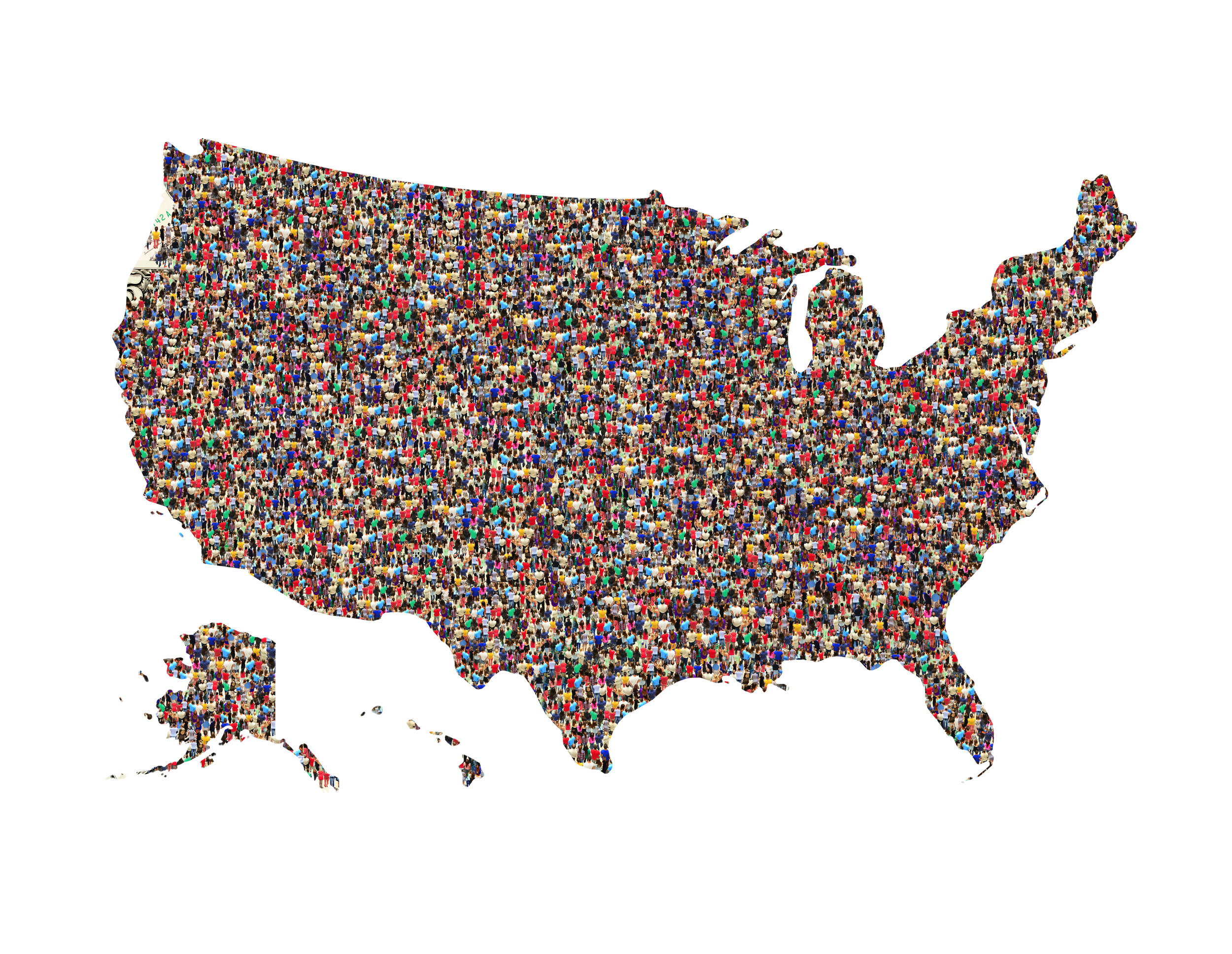If a presidential candidate had to win the national vote in order to get 270 electors then a third party with substantial support across the country could make an impact on politics.
In a truly national election Ross Perot in 1992 would have campaigned across the country in pursuit of a minimum of 34% of the vote. At the very least if he got more votes, he would have moved the Republican and Democratic parties to closer alignment with his views.
The Populist, Progressive, and Bull Moose Parties of 19th and 20th centuries too might have become enduring presences if the system required them to build national bases.
But the presidential selection system gives third parties spoiler roles instead of a chance to make a real contribution to ideological debate.
Who knows after all what Nader now stands for? All we know is that he changed the outcome in 2000. But why? To what end? A real third party can shift the course of political thinking. That matters more than flipping a particular election.
A national popular vote for electing the president can lead to healthy evolution of thinking in all political parties.

